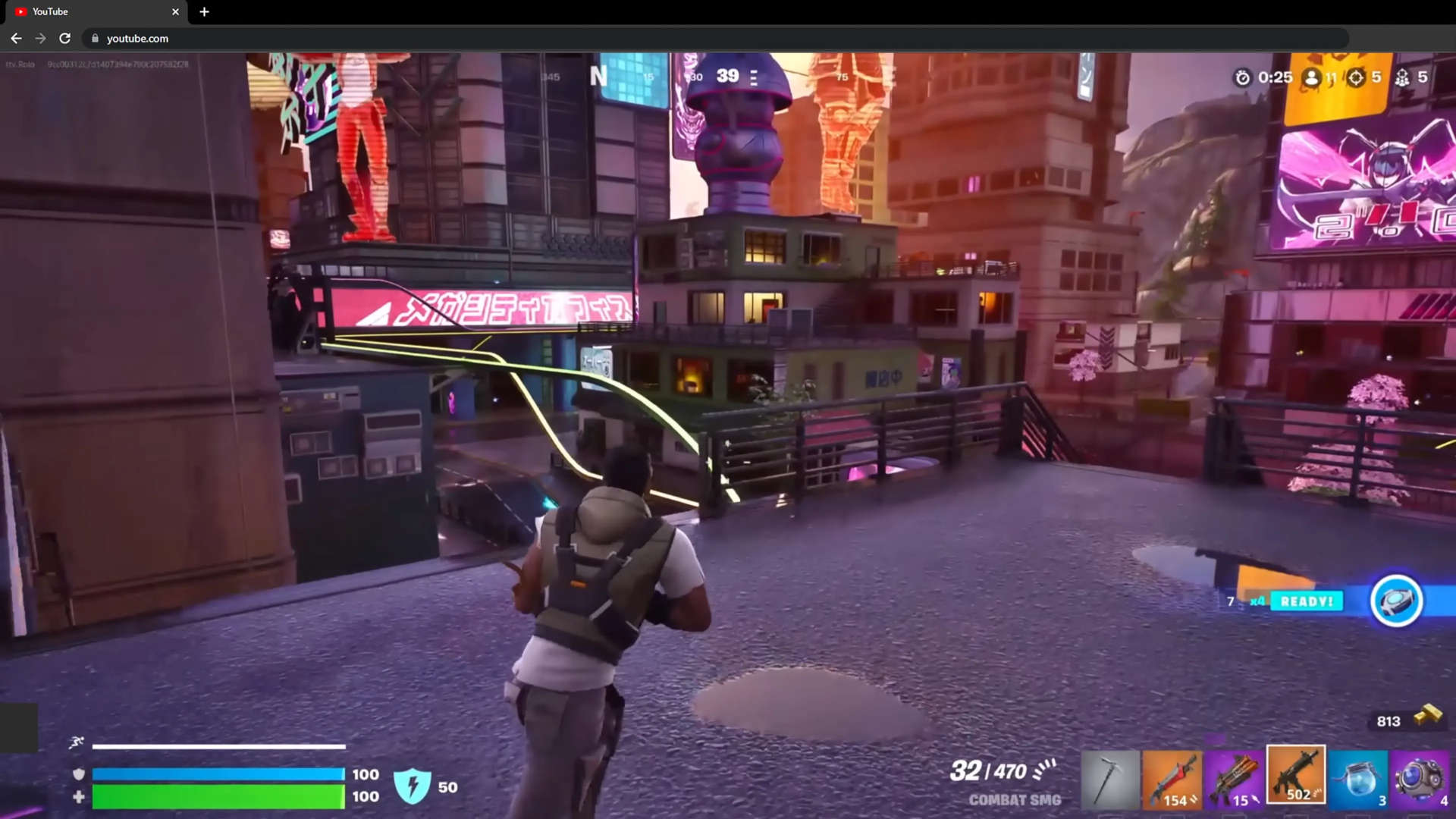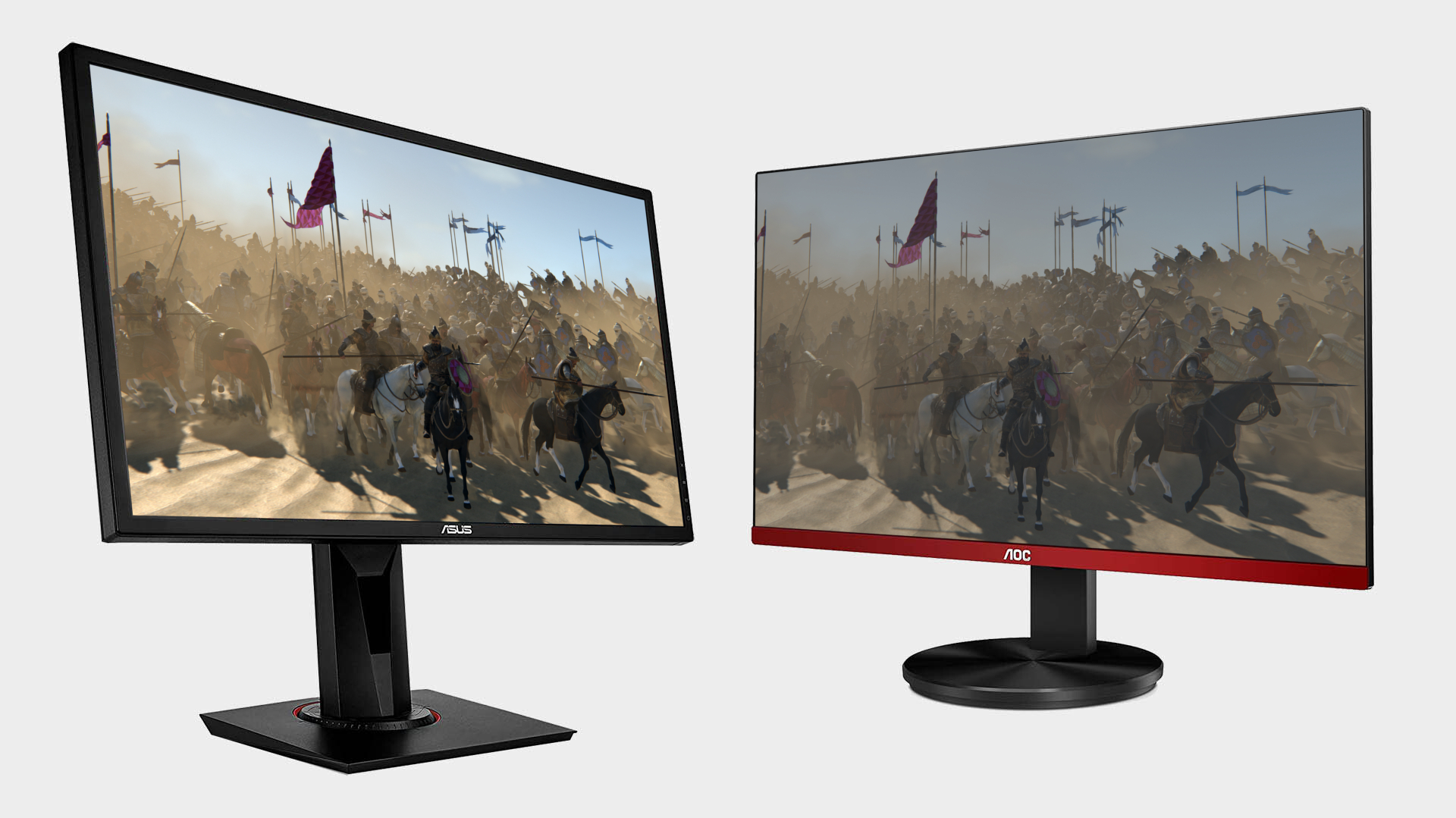Nvidia's RTX Video HDR promises to bring AI-generated HDR to your simple SDR streams this month
You'll still need an HDR-capable monitor, of course. It's not 100% magic!

Alongside the RTX 40-series Super cards and RTX Remix launch at this year's CES 2024 event, Nvidia has also announced another AI feature heading to its GeForce RTX drivers later this month. Joining RTX Video Super Resolution, which upscales low resolution video streams in a browser, is RTX Video HDR: A deep learning algorithm that will automatically convert an SDR video stream into a HDR one.
Nvidia claims that a lot of content streamed off the likes of YouTube is low resolution, low bandwidth, and standard dynamic range content. And if you're watching it on a decent 1440p or 4K monitor, then it just won't look very good. This is why Nvidia developed RTX VSR (video super resolution), a sort of DLSS for video streams, to upscale something like 540p clips to 1080p or higher.
That addresses the low-resolution issue and now Nvidia is tackling another one. Lots of the latest gaming monitors are HDR-compatible, which means it can use more bits per pixel, to create a wider range of colours (aka high dynamic range, HDR). However, the kind of video content that Nvidia wants to improve with RTX VSR is also in standard 8-bit (aka SDR).
Cue RTX Video HDR to the rescue! We don't have the full details on exactly how it works right now but I'm guessing that it works just like DLSS and RTX VSR do: A deep learning model is trained on what an HDR version of a video should look like and then your GeForce RTX graphics card runs a neural network, via its Tensor cores, to convert the video stream into a HDR one.
While RTX Video HDR will work on any GeForce RTX card (i.e. 20, 30, and 40-series), you will need a monitor that's HDR10 compliant. That's one of the most common HDR formats around and pretty much any monitor that claims to be HDR-capable will support that type. RTX Video HDR also only works for video streams played in a Chromium-based web browser, such as Google Chrome and Microsoft Edge.

Best gaming monitor: Pixel-perfect panels for your PC.
Best high refresh rate monitor: Screaming quick.
Best 4K monitor for gaming: When only high-res will do.
Best 4K TV for gaming: Big-screen 4K gaming.
Nvidia ran demonstrations of the new technology at the CES 2024 event and our inside agent Jacob managed to see an example of it in action. The change he saw was, and I quote, "like night and day" when comparing the SDR stream to an RTX Video HDR one. How well it works on different GeForce RTX cards and HDR monitors is unknown at this point, though.
However, Nvidia says the feature will appear in GeForce RTX and Nvidia RTX drivers later this month, and it will simply be a case of switching it on in the control panel. That's just the same as you do with RTX Video Super Resolution, which you'll be able to use in parallel with RTX Video HDR for maximum video quality.
The biggest gaming news, reviews and hardware deals
Keep up to date with the most important stories and the best deals, as picked by the PC Gamer team.
Once it's available, we'll give it a go ourselves and let you know just how good it is in practice, but at least from our hands on demo, it looks the business.
_____________________________________
PC Gamer's CES 2024 coverage is being published in association with Asus Republic of Gamers.

Nick, gaming, and computers all first met in 1981, with the love affair starting on a Sinclair ZX81 in kit form and a book on ZX Basic. He ended up becoming a physics and IT teacher, but by the late 1990s decided it was time to cut his teeth writing for a long defunct UK tech site. He went on to do the same at Madonion, helping to write the help files for 3DMark and PCMark. After a short stint working at Beyond3D.com, Nick joined Futuremark (MadOnion rebranded) full-time, as editor-in-chief for its gaming and hardware section, YouGamers. After the site shutdown, he became an engineering and computing lecturer for many years, but missed the writing bug. Cue four years at TechSpot.com and over 100 long articles on anything and everything. He freely admits to being far too obsessed with GPUs and open world grindy RPGs, but who isn't these days?

